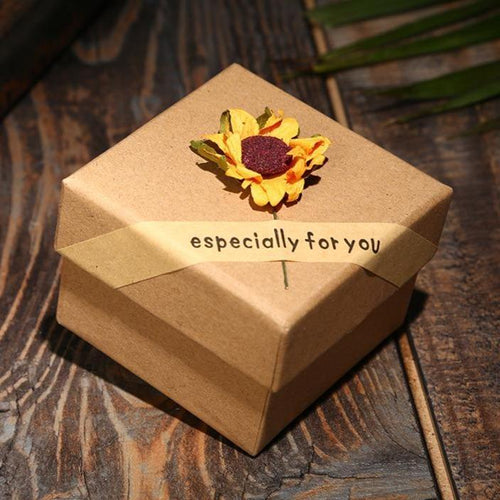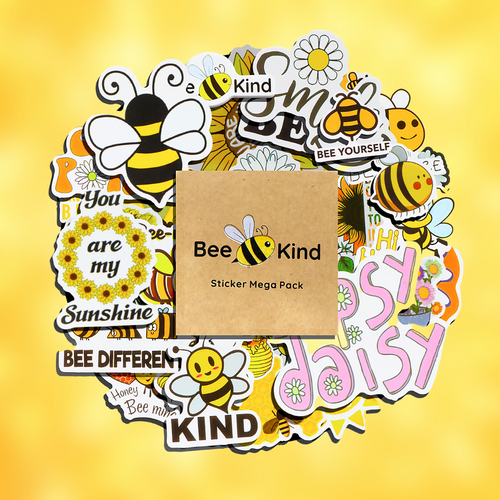Summertime is here! And it means that honeybees become their most active. You can expect to see a few of these insects buzzing around parks and gardens, collecting nectar to bring back to their colonies.
Did you know that apiphobia or the irrational fear of bees is one of the most common phobias in the world? Some people develop the phobia after being stung or watching someone else get stung. While a fear of bees is common, they generally aren’t looking to sting you.
However you should remember that honeybees are extremely defensive insects. Bees, wasps, and hornets sting primarily to defend themselves, so the key to avoiding bee stings is to make sure the bees don't feel threatened by you.
Here are 5 tips on what you should do around bees if you don’t want to get stung:
1. Stay Calm
The worst thing you can do when a bee flies around your head is swat at it. Their vision is designed to detect motion so quick movements are often perceived as a threat. If a bee, wasp, or hornet comes near you, just take a deep breath and stay calm. Once the bee realizes that you’re just a human, it will likely fly away!
2. Avoid eating sugary foods and drinks outside
Anything sweet will attract bees and wasps for sure. Before you take a sip of your favorite soda, look inside your can and make sure a bee hasn't gone in for a taste. Since nectar is sweet, it makes sense that bees would be attracted to sugars and fragrances that smell flowery or sweet.
3. Never approach or disturb a nest
If you notice bees entering or exiting a rock crevice, a hole in the ground or a tree, assume there’s a nest present and leave the area immediately. Always bare in mind: wild bees might get aggressive. If you accidently disturb a nest, run immediately. Try to get to an enclosed shelter, such as a car. Cover your mouth and nose with whatever is handy.
4. Do not jump in water to escape bees
While the bees definitely won’t chase you underwater, they will be waiting for you above the surface. The bees will be flying above the water, waiting for you to come up for air so they can attack. They’ve been known to wait hours above the surface of water for a target.
5. Do not try to remove a hive yourself
If you spot a hive around your home—especially with bees actively flying in and out—do not approach it. When a hive is disturbed, the bees will release an alarm pheromone alerting other hive members in the area to immediately swarm and attack. Professional beekeepers or pest control experts can remove wasp or hornet nests or bee swarms safely, without putting you at risk for stings.

Most of the time, an encounter with a bee is harmless. However, some people are highly allergic to bee stings. For people with an allergy, even a single sting could cause a dangerous anaphylactic reaction. If you do have this type of allergies, you should be extra careful. You're at increased risk of bee stings if:
- You live in an area where bees are especially active or there is a beehive nearby
- Your work or hobbies require spending a lot of time outside
You're more likely to have an allergic reaction to bee stings if you've had an allergic reaction to a bee sting in the past, even if it was minor. If someone you know is experiencing an allergic reaction, immediately call 911.
If you’re allergic to bee venom, you should always carry epinephrine (an emergency medication for allergic reactions) with you and wear a medical ID bracelet. Ensure that your friends, family members and co-workers know how to use an epinephrine auto-injector. An autoinjector is a combined syringe and concealed needle that injects a single dose of medication when pressed against your thigh.
If you have other allergies or a family history of serious allergic reactions, speaking with your doctor about your concerns is a good idea. Please speak with your doctor as needed, and always hurry to get medical help if necessary.
Sources:
1. Dteklivebeeremoval
2. Thoughtco
3. Verywellmind
A portion of every purchase at Bee Kind Shop is donated to non-profit organizations that help save bee colonies around the globe.











